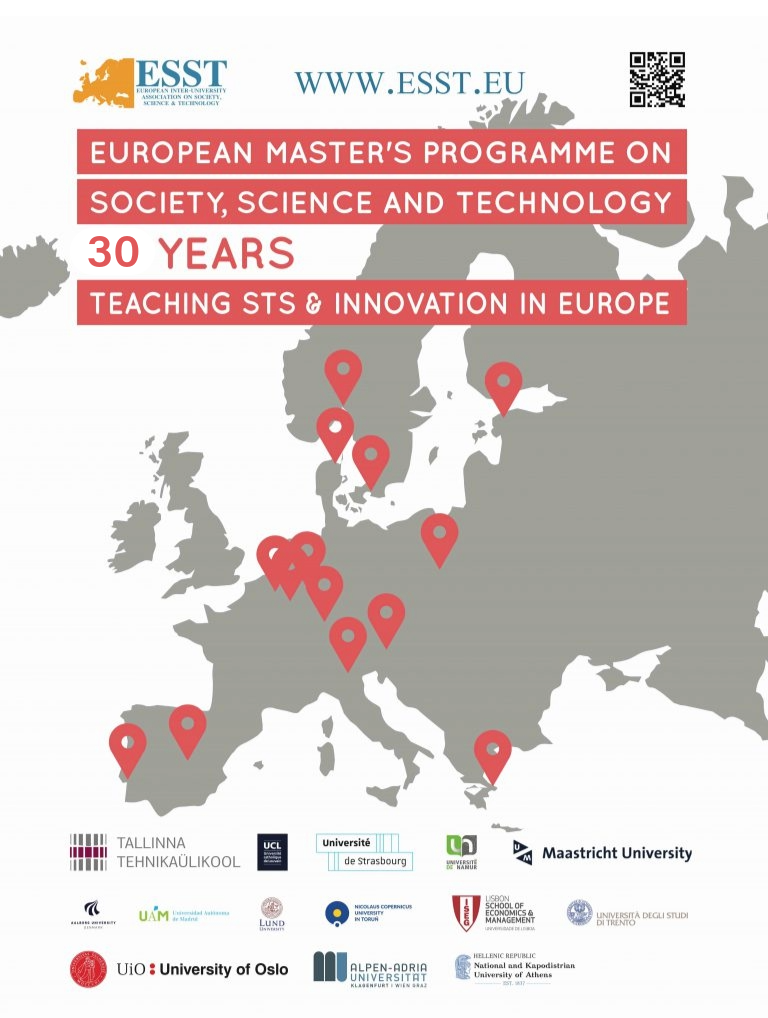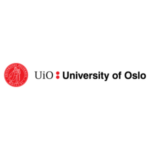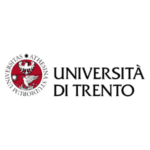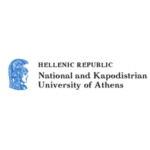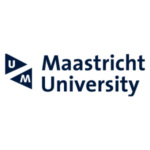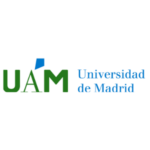Contact: Matthias Dörries (dorries@unistra.fr)
Atmospheric Sciences in the Anthropocene (Elective 1)
The aim of the course is twofold: On the one hand, it will provide students with elements of the history of the environmental sciences, and second, it will provide an overview of the recent debates about climate engineering and possible alternatives.
The first part of the course will treat the emergence of environmental sciences and environmentalism during the Cold War and examine the links between military research and the environmental sciences. The main part will focus on the more recent debates about climate change and trace the main actors and arguments for and against climate engineering. It will subsequently treat questions, like: What are the alternatives to a technological fix? How could adaptation to climate change work out? How could we come up with new ways of knowing that encourage people to become more active in dealing with climate change? There will be also a course on methodology. Teaching will take place in February and March. The courses will be in English.
Evolutionary approach to science and innovation policies (Elective 2)
Science and innovation policies are increasingly justified in economic terms: science turning into innovation would be a source of growth and employment. These arguments dominate both political and media discourse. However, these discourses are explicitly or implicitly based on a ‘Novlangue’ (‘Newspeak’, Fitoussi, 2020), impoverishing the language, the concepts and consequently the ways of thinking and designing these policies. This course proposes to develop critical analyses of these economic arguments by proposing at least one alternative socio-economic approach: the evolutionary and institutional approach. The course will cover all of these aspects: from design to the measurement of their impacts.
In addition there will be a course on methodology. Courses will take place in February and March.
Why choose Strasbourg?
https://en.unistra.fr/study/why-choose-strasbourg
https://ecogestion.unistra.fr/international/incoming-exchange-students

